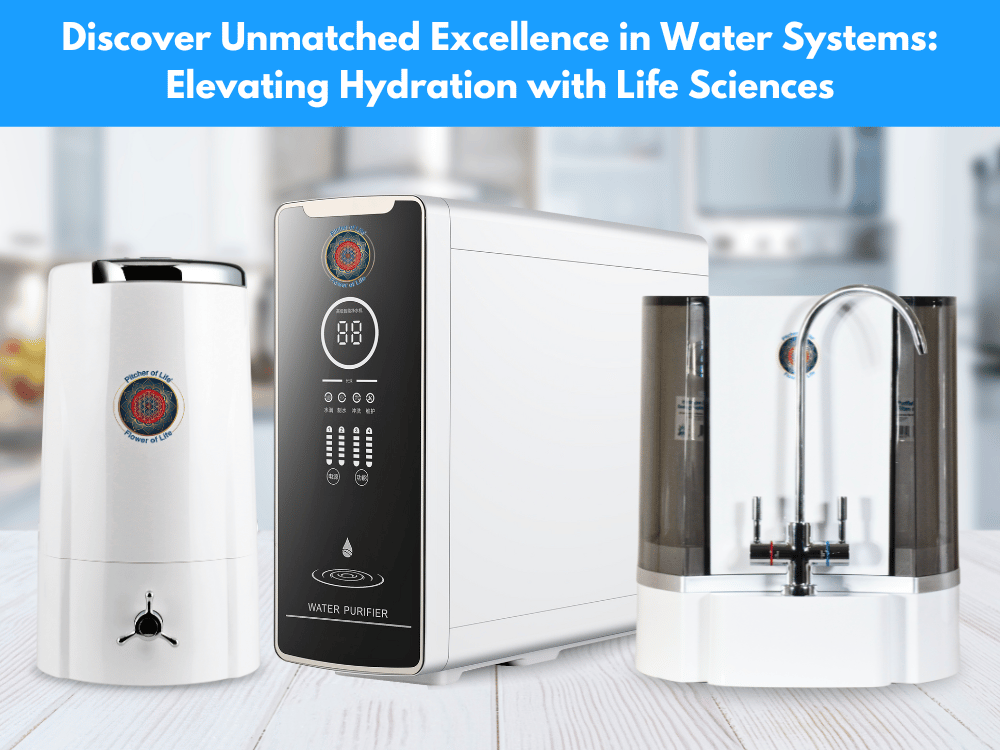Per- and polyfluoroalkyl substances (PFAS), commonly referred to as “forever chemicals,” are synthetic compounds utilized in various industrial applications and consumer products. They are notorious for their persistence in both the environment and the human body. The World Health Organization (WHO) labels perfluorooctanoic acid (PFOA), a type of PFAS, as a carcinogen. In the United States, there is no safe PFAS level in drinking water.
National Health and Nutrition Examination Survey (NHANES)
The Centers for Disease Control and Prevention (CDC) conducts NHANES to assess Americans’ health and nutritional status. Blood samples from NHANES show that PFAS are detectable in nearly all Americans. Higher levels found in children and people living near PFAS manufacturing facilities.

Health Concerns
Exposure to PFAS can cause several adverse health outcomes, including:
- Cancer: PFOA is classified as a possible human carcinogen by the International Agency for Research on Cancer (IARC).
- Liver Damage: PFAS cause liver toxicity.
- Thyroid Disease: PFAS exposure causes thyroid disease.
- Immune System Effects: PFAS can affect the immune system, potentially reducing vaccine response.
- Increased Cholesterol Levels: PFAS exposure causes elevated cholesterol levels.
- Pregnancy-Induced Hypertension: PFAS exposure can lead to pregnancy complications such as preeclampsia.
Effective Water Filtration Methods
To protect your tap water from PFAS, consider the following filtration systems:
Granular Activated Carbon (GAC) Filters
- How They Work: GAC filters use a layer of carbon to trap contaminants as water passes through.
- Pros: Affordable and widely available.
- Cons: Require frequent filter replacements.
Reverse Osmosis (RO) Systems
How They Work: RO systems force water through a thin membrane at high pressure, separating contaminants from the water.
Pros: Most effective at removing PFAS.
Maintenance: Membranes need less frequent replacement than GAC and ion exchange filters.
Choosing the Right Water Filter
When selecting a water filter, look for products certified by reputable third-party testing organizations, such as:
- National Sanitation Foundation (NSF)
- Water Quality Association (WQA)
- International Association of Plumbing & Mechanical Officials (IAPMO)

Life Sciences™ Water Solution: Advanced Filtration Systems
Life Sciences™ offers advanced filtration systems designed to protect against PFAS contamination. Our Filtered Water Pitcher, certified by the Water Quality Association, removes up to 99.0% of PFOA & PFOS from drinking water. Additionally, our 5-stage Reverse Osmosis Alkaline Water Filter System can eliminate up to 99.81% of contaminants, ensuring safety for you and your family. learn more
Key Features
- Five Specialized Filters: Remove impurities, contaminants, and heavy metals while adjusting water pH to a basic level of up to 8 to 9.
- Lifetime Warranty: Ensures long-term peace of mind.
- Bonus Borosilicate Glass Water Pitcher with Infuser: Features the powerful “Flower of Life” ancient sacred geometry symbol, imparting healing energy to your drinking water.
- NSF Certification and Performance Data: Detailed lab test results demonstrate the effectiveness of our products in removing PFAS and other contaminants from drinking water, exceeding industry standards and regulatory requirements.
Our RO Alkaline Water System, carefully crafted to meet NSF/ANSI 42 and NSF/ANSI 61 Certifications. Elevate your hydration with our advanced system, ensuring refreshing water free from chlorine taste and odor. Our NSF/ANSI 42 Certification guarantees superior aesthetic excellence by reducing chlorine content and enhancing clarity. Meanwhile, NSF/ANSI 61 Certification assures the safety of our materials, ensuring only the best materials are used in constructing our High-Quality Products.
Public Health Recommendations
The Agency for Toxic Substances and Disease Registry (ATSDR) recommends that people reduce their exposure to PFAS by using certified water filters, avoiding products known to contain PFAS, and following local advisories regarding contaminated water and food.
Conclusion
With the increasing presence of PFAS in drinking water, investing in a reliable water filtration system is a prudent step to safeguard your health. Whether you opt for a cost-effective GAC filter or a high-end reverse osmosis system, ensure it is certified and well-maintained for optimal performance. Stay informed and proactive about your water quality to protect your home from forever chemicals.
